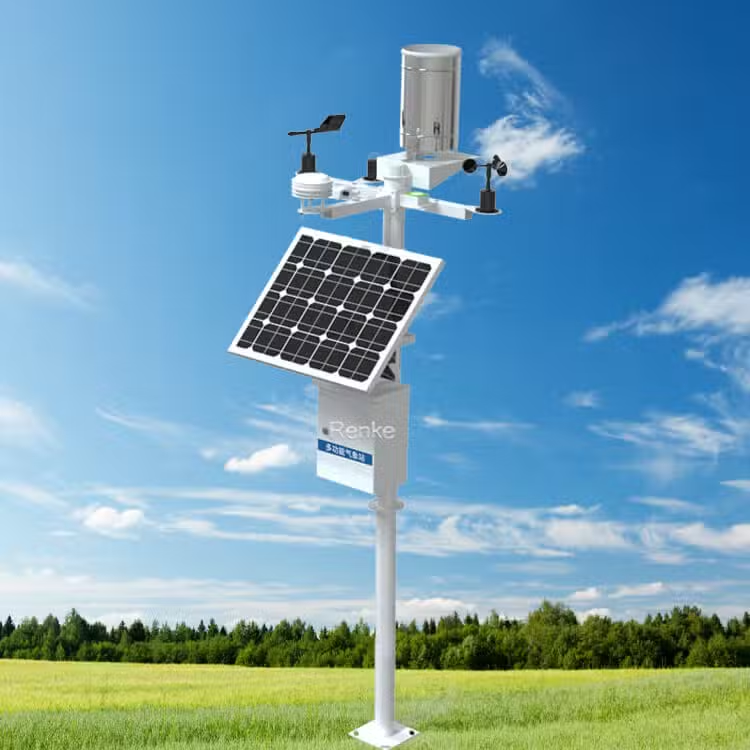Islamabad Oct 22: Pakistan Set to Acquire Advanced Weather Monitoring System from Japan. In order to improve flood predicting and weather monitoring systems, the government has reached a definitive deal with Japan to purchase and install 45 telemetry stations and five automatic weather stations. The project would take two and a half years to complete and is expected to cost Rs5.2 billion.
It is anticipated that there will be 110 weather monitoring stations, with 26 in Khyber Pakhtunkhwa and 84 in Punjab on the shortlist. About 80% of the project’s cost, or Rs4.11 billion, will come from the Japan International Cooperation Agency (JICA). Wapda, the Federal Flood Commission (FFC), the Pakistan Meteorological Department (PMD), and provincial irrigation departments will pay the remaining Rs1.01 billion.
The PMD will oversee the construction of a data center as part of JICA’s commitment to improve the nation’s early flood warning system. The Rs5.2 billion project would upgrade a 1,543-meter flood prevention infrastructure in Khyber Pakhtunkhwa and build 45 telemetry stations and five automatic weather stations.
The Rs5.178 billion “Project for Flood Management Enhancement in the Indus Basin,” which would encompass flood-prone districts including Attock, Gujranwala, Jhang, Jhelum, and Sialkot in Punjab, as well as Haripur in KP, has already received approval from the Central Development Working Party (CDWP).
While the FFC, acting as the administrative agency, will keep an eye on developments and provide monthly updates to JICA and other stakeholders, JICA will designate supervisory consultants to supervise the project’s implementation and operation. The project is a component of a larger Flood Protection Programme worth Rs 200 billion, which is supported by international lenders and jointly funded by the federal and provincial governments.
Forty-five of the 110 sites were chosen for the flood telemetry stations after a JICA technical team visited the sites last year. By draining out excess water beforehand, these stations will enhance early flood warning capabilities and give real-time flood flow data, enabling reservoirs to better manage excess water.
Additionally, the project will help future developments within the Indus Cascade and the best possible functioning of current hydroelectric installations. Real-time information on temperature, humidity, flow rates, rainfall, river levels, and other factors will be gathered by the telemetry stations.
In order to enable more accurate management of water resources at strategic sites like Tarbela, Mangla, and Kabul, this data will be fed into a single digital monitoring system, water data management, and a decision support system.
Data loggers, temperature and humidity probes, rain gauges, sun radiation equipment, wind speed and direction sensors, and acoustic Doppler current profilers (ADCP) are among the cutting-edge devices that will be imported from Japan.
This project will help reduce panic during unexpected floods in susceptible locations, and its benefits which include saving lives, property, and livestock far outweigh its costs.
In order to minimize human error during flood catastrophes, the initiative will also help the National Disaster Management Authority (NDMA) and Provincial Disaster Management Authorities (PDMAs) initiate rescue and relief activities more quickly.
